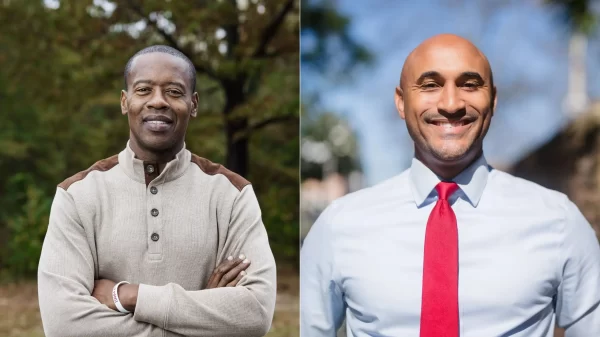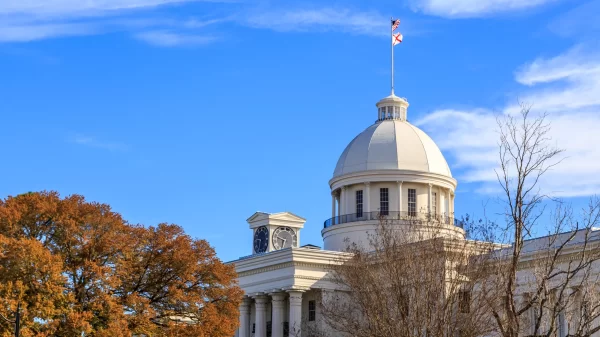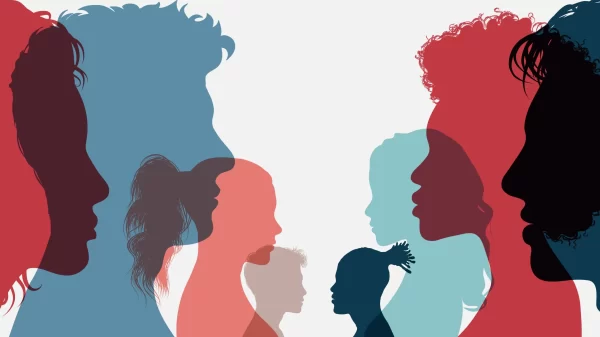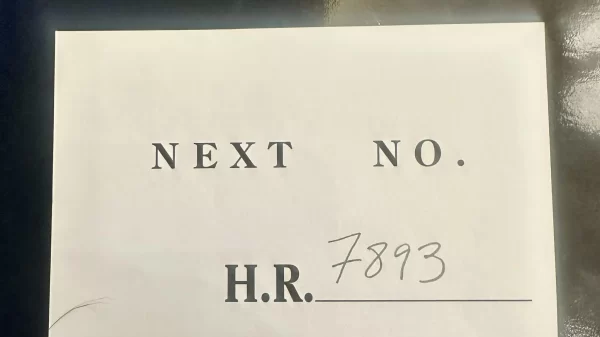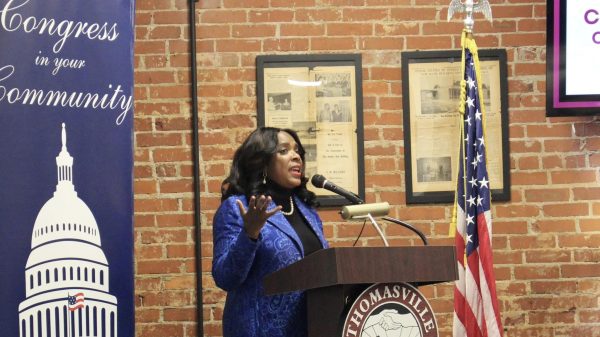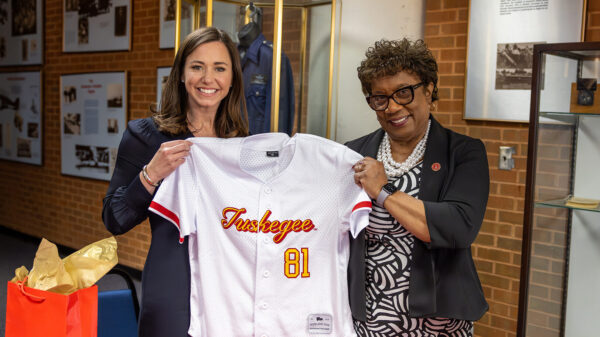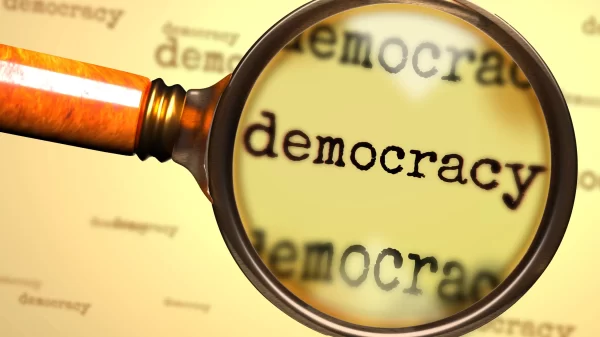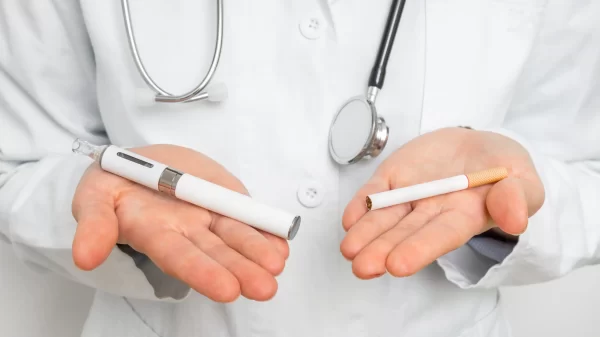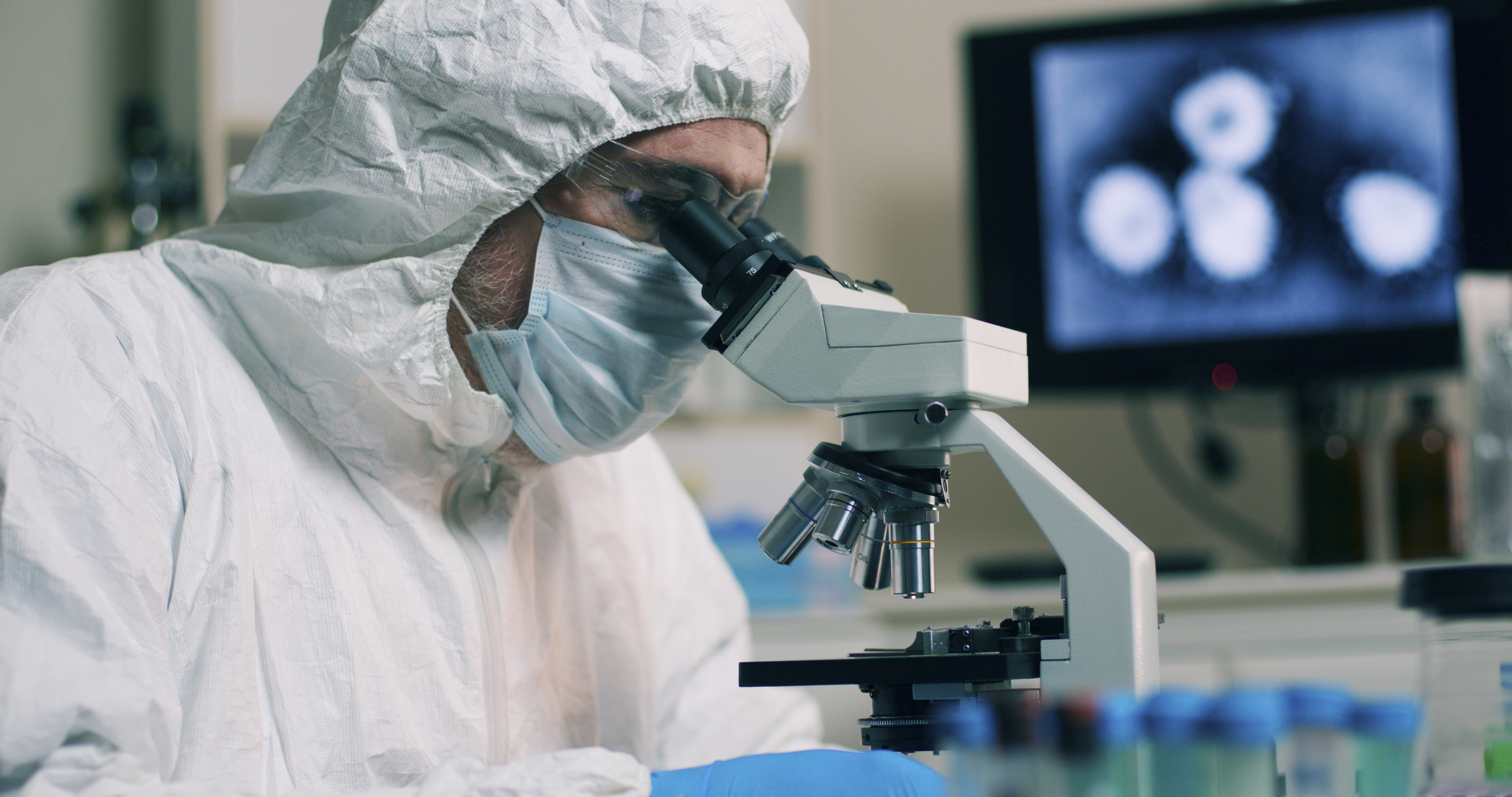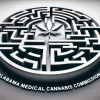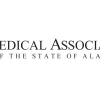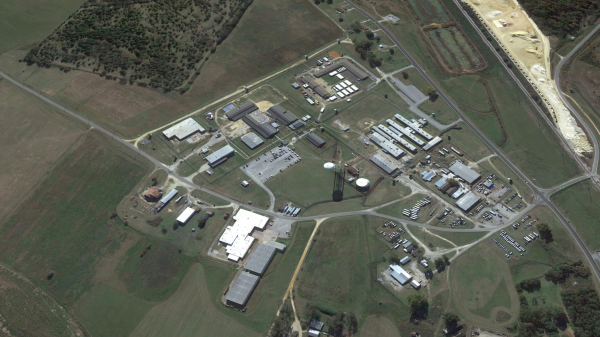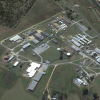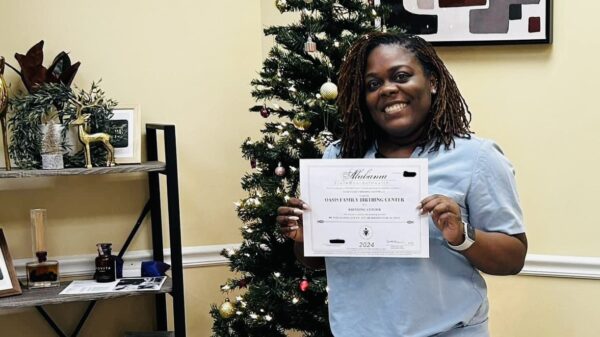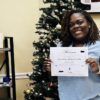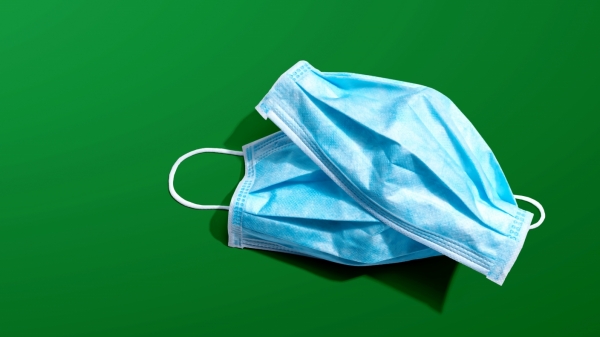It was unclear for a time Thursday whether Alabama’s public health lab in Montgomery could test for coronavirus or not.
Conflicting statements Thursday from an Alabama Department of Public Health physician and a tweet an hour later from the department’s official Twitter account made it uncertain whether the state’s lab can or cannot test for the infectious disease that’s killed at least 12 Americans and thousands outside the U.S.
But in a call from the ADPH physician to a reporter at APR later on Thursday, she said the lab had just moments earlier gotten a green light from the ADPH director to test for coronavirus.
According to a Centers for Disease Control and Prevention map updated Thursday morning, which uses data from the Association of Public Health Laboratories, Alabama is joined by Maine, Ohio, Oklahoma, West Virginia, and Wyoming as being “in progress” for having labs that can test for coronavirus.
Dr. Karen Landers with the Alabama Department of Public Health told APR by phone at 1:30 p.m. Thursday that the agency’s Bureau of Clinical Laboratories in Montgomery wasn’t yet able to test for coronavirus, but was working to do so.
But at 2:25 p.m. on Thursday, less than an hour after Landers spoke to APR, someone using the official Alabama Department of Public Health tweeted “As of March 5, our state lab is approved to perform testing in-house. Hopefully, the map on the CDC website will be updated soon.”
APR asked for clarification from the ADPH’s twitter account and received a message that reads “This is a rapidly evolving situation. There were meetings today to discuss our testing abilities. If you were speaking to Dr. Landers this morning and are quoting her in your article, I’d recommend you follow up with her. We will release more information as it becomes available — hopefully, tomorrow.”
APR asked for someone to call a reporter back Thursday evening, since they’d already tweeted about the matter, and a reporter received a call from Landers at 7:09 p.m. Thursday who said “We have now developed the capability to test. And again until we have that capability we cannot report that we have that capability.”
Landers told APR earlier on Thursday that less than 10 tests from Alabama had been sent to the Centers for Disease Control and Prevention lab in Atlanta, and the results all came back negative for coronavirus.
Landers said earlier Thursday that the agency “continues to engage in its quality assurance process and its verification process, so that testing for COVID-19, once this is started in our Bureau of Clinical laboratories, will be accurate.”
Asked why Alabama was one of the last six states with a public health lab able to test for coronavirus, Landers said that every state has been working on this all week.
“It’s not a process that Alabama has not been engaging in, but again, anytime one is doing laboratory testing you have to complete your process,” Landers said earlier on Thursday. “In some situations that process might be shorter than others, but again, for Alabama, of course, we want to follow our process and we want to ensure the accuracy of our testing.”
Dr. Jeanne Marrazzo, director of the University of Alabama at Birmingham’s Division of Infectious Diseases at 2:05 p.m. on Thursday tweeted out the CDC’s map which shows Alabama among the states not yet able to test.
Dr. Marrazzo tagged the Alabama Department of Health in the tweet and wrote “@ALPublicHealth @jcdhtweets @uabmedicine we really need to “get on the map” for #COVID19 #diagnosis this is from @CDCgov website today”
ADPH responded to Dr. Marrazzo in the tweet wiring ““As of March 5, our state lab is approved to perform testing in-house. Hopefully, the map on the CDC website will be updated soon.”
Landers said later on Thursday that “we’re very pleased,” that the process “was not rushed” and “quality assurance and verification. It’s what we do.”
Asked how many people the lab has a capacity to test, Landers said, “We have not published our capacity yet, because we’ve just now gone live, so we’re going to see what comes available to us.”
The World Health Organization on Thursday said there were more than 95,000 confirmed coronavirus cases worldwide. There have been more than 3,281 deaths from the virus, which has spread across 78 countries.
At least 12 people have died in the U.S. from the COVID-19 disease, and there are 149 confirmed and presumptive positive cases in the U.S., according to the CDC’s update Thursday.
Georgia has two confirmed cases of coronavirus, a 56-year-old man who recently traveled to Italy and his son, and Tennessee Governor Bill Lee on Thursday announced the state’s first confirmed case, a 44-year-old man living just south of Nashville who had recently traveled out of state.
A fourth coronavirus case in Florida was announced Thursday. A man in his 70s living in Santa Rosa County who had traveled internationally tested positive, Gov. Ron DeSantis said.
The University of Alabama on Wednesday announced the school was canceling all university-sponsored international travel, according to The Crimson White.
John Matson, director of communications for the Alabama Nursing Home Association, told APR by phone Thursday that state nursing homes are preparing for whatever may come.
“Thankfully, no one has reported that a nursing home resident or employee has been diagnosed with coronavirus,” Matson said. “Of course, we’re not taking that as a sign that we’re in the clear. We’re maintaining our vigilance.”
“We realize we care for a vulnerable population, so this is something we take very seriously,” Matson said. “What we’re doing right now is making sure our members are updated on the latest information we’ve received from public health and the CDC about how to best prevent, and then if you do suspect someone may have coronavirus, how to best isolate and treat them.”
A nursing home in Washington state is the epicenter of a coronavirus outbreak there, with nine of the 10 infected people there linked to the facility. Of those who tested positive and who were connected to the nursing home, six have since died.
There are isolation procedures in place for residents who may be infected, Matson said, and if it’s determined by local health officials and the CDC that the person needs more acute care, they’ll be taken to a hospital.
Many of the same things nursing homes already do to prevent the spread of the flu are the same procedures that can limit the spread of the coronavirus, Matson explained, such as staff and visitors thoroughly washing their hands, using hand sanitizer, covering their coughs and staying home if sick.
“The keyword here is prevention. Do everything you can to prevent yourself from becoming infected, and if you think you may be infected do everything you can to limit your exposure to other people,” Matson said.
The Centers for Medicare & Medicaid Services on Thursday ordered health inspectors to focus on infection-control at nursing homes.
“Today’s actions, taken together, represent a call to action across the health care system,” CMS Administrator Seema Verma said in a statement. “All health care providers must immediately review their procedures to ensure compliance with CMS’ infection control requirements, as well as the guidelines from the Centers for Disease Control and Prevention (CDC). We sincerely appreciate the proactive efforts of the nursing home and hospital associations that have already galvanized to provide up-to-the-minute information to their members. We must continue working together to keep American patients and residents safe and healthy and prevent the spread of COVID-19.”
Symptoms of coronavirus include a fever, runny nose, cough and shortness of breath, according to the University of Alabama at Birmingham.
The Centers for Disease Control and Prevention said that while there is no vaccine to prevent coronavirus, the best way to prevent its spread is to avoid being exposed. The CDC recommends: Avoid close contact with people who are sick.
- Avoid touching your eyes, nose, and mouth.
- Stay home when you are sick.
- Cover your cough or sneeze with a tissue, then throw the tissue in the trash.
- Clean and disinfect frequently touched objects and surfaces using a regular household cleaning spray or wipe.
- Follow CDC’s recommendations for using a facemask.
- CDC does not recommend that people who are well wear a facemask to protect themselves from respiratory diseases, including COVID-19.
- Facemasks should be used by people who show symptoms of COVID-19 to help prevent the spread of the disease to others. The use of facemasks is also crucial for health workers and people who are taking care of someone in close settings (at home or in a health care facility).
- Wash your hands often with soap and water for at least 20 seconds, especially after going to the bathroom; before eating; and after blowing your nose, coughing, or sneezing.
- If soap and water are not readily available, use an alcohol-based hand sanitizer with at least 60 percent alcohol. Always wash hands with soap and water if hands are visibly dirty.


